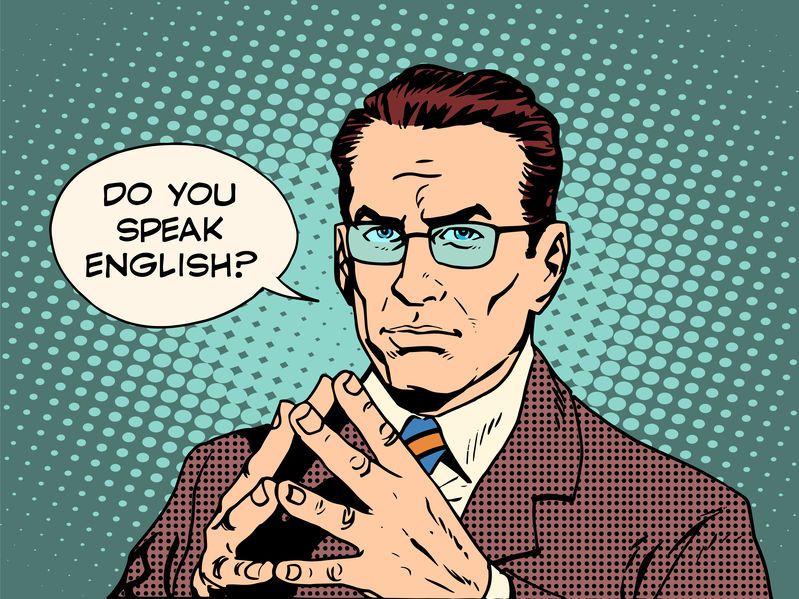French gains ground on German in Swiss bilingual cities

In bilingual cities like Biel/Bienne or Fribourg, the proportion of French-speakers is growing at the expense of German. Why?
Overall, the proportion of German speakers in Swiss cities has declined in recent decades, according to recently-published statistics. In 1970 some 64% of inhabitants spoke German as their main language; today this has fallen to around 60%.
On the other hand, the proportion of French speakers in Swiss cities has slightly risen, from 19% in 1970 to around 23% today. In some places this rise has been even more considerable.
In Biel/Bienne, for example, around 67% of people spoke German a century ago. Over time this has fallen back to around 50%.
A similar development can be observed in Fribourg.
In Biel/Bienne, mayor Erich Fehr is pleased about the rising fortunes of French. “The city has bilingualism in its DNA,” he says. Meanwhile he explains the growth of French by measures which the city took in order to promote the minority language.
For example, the city took steps to ensure that a full education up to higher-secondary level is available in both French and German, Fehr says. Cultural offerings in French were also promoted. “It’s important for us to ensure equality between both linguistic groups,” the mayor says.
The role of migration
Migration within Switzerland is also a reason for the rise of French, says Raphael Berthele, a professor at the University of Fribourg who specialises in multilingualism. “Many people are gradually finding the cost of living in big French-speaking cities to be too expensive.” For such people, cities like Fribourg or Biel/Bienne are good alternatives: life is more affordable, they still live in a city, and they can continue to speak their mother tongue.

More
English as a common language in Switzerland: a positive or a problem?
Immigration from abroad also plays a role, in both cities. “People from Africa, who often already speak French or are more familiar with it than with German, tend to speak French in Biel/Bienne. Meanwhile immigrants from Eastern Europe or Turkey tend to prefer German there,” Berthele says.
In western, French-speaking Switzerland, there are also traditionally strong migration ties with Portugal. Berthele says the closeness of the French and Portuguese languages mean such immigrants would favour learning French. Another factor is that “when somebody settles in a new place, they tend to learn the dominant language – in Fribourg this is clearly French”.
The pull of French-speaking cities?
Virginie Borel, who runs the “Forum for Bilingualism” in Biel/Bienne, also explains the rise of French as a result of immigration and the attractiveness of cities in French-speaking Switzerland. “French-speaking Switzerland is economically dynamic and offers a good quality of life,” she says. Immigrants coming to Switzerland pay attention to such aspects. They might also look at how tolerant and open a place is before deciding to live there. In this regard, “Biel is a very tolerant city, perhaps precisely due to its bilingual nature,” Borel says.
Adapted from German by Domhnall O’Sullivan

In compliance with the JTI standards
More: SWI swissinfo.ch certified by the Journalism Trust Initiative

You can find an overview of ongoing debates with our journalists here . Please join us!
If you want to start a conversation about a topic raised in this article or want to report factual errors, email us at english@swissinfo.ch.